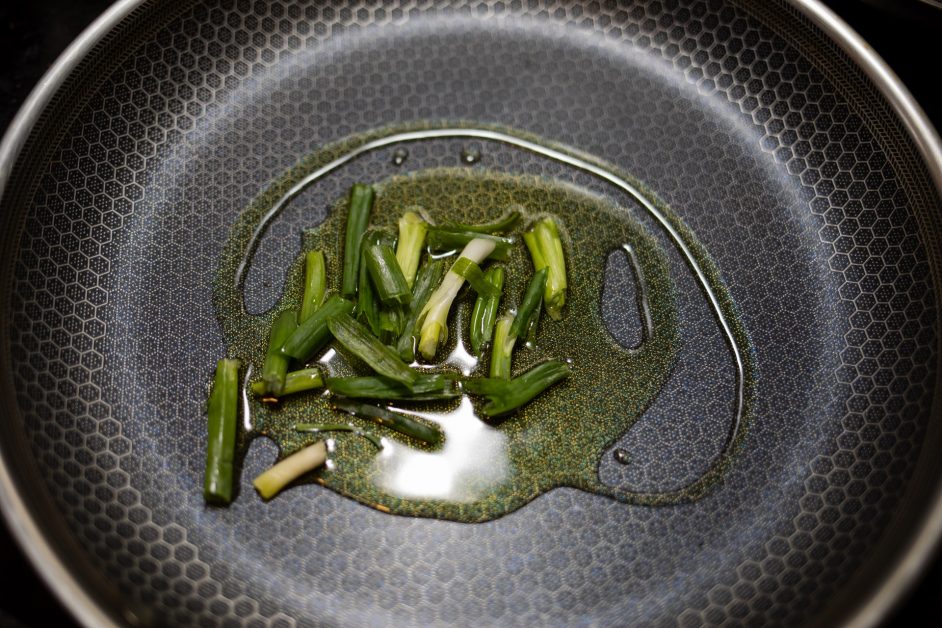Oil is used to cook food in every country on the plant, whether vegetable oil, olive oil or sunflower oil. But is cooking oil biodegradable and what impact does it have on our eco system? We find out in this article.
What is Cooking Oil?
Cooking oil is any oil or substance that has been refined from a natural source. The raw materials used to make cooking oil are usually animal or plant-based with olives, coconuts and sunflower seeds being some of the most common.
There are synthetic fats such as Olestra (Olean), but these are not cooking oils in the conventional sense and are not widely used. Many of these synthetic oils are also thought to be unhealthy with several side effects reported.
Is Cooking Oil Biodegradable?
No, cooking oil is not biodegradable. The problem is that oil does not mix with water. This prevents oxygen from being able to assist in the degradation process.
Vegetable based cooking oil should only be composted in very small quantities. A paper towel used to soak up an oil spill could be placed into a compost bin for example.
Large quantities of cooking oil should not be composted as they will prevent the other materials around them from breaking down too.
Used cooking oil should either be reused to cook other food or placed into a sealed plastic container and thrown into the garbage.
Is Cooking Oil Eco Friendly?
Yes, most forms of cooking oil are sustainable and environmentally friendly.
It is important that the raw materials used to create them are farmed sustainably. Palm oil for example has been associated with deforestation and the destruction of natural habitats.
The biggest problem that cooking oils cause is blockages within drainage and sewage systems. Used cooking oil should never be poured down your kitchen sink or into a storm drain for this reason.
Conclusion
Cooking oil is not biodegradable but only has a small impact on the natural environment.
The most important thing to remember with cooking oil is that it needs to be disposed of responsibly to prevent it from causing damage to property and our natural habitat.
